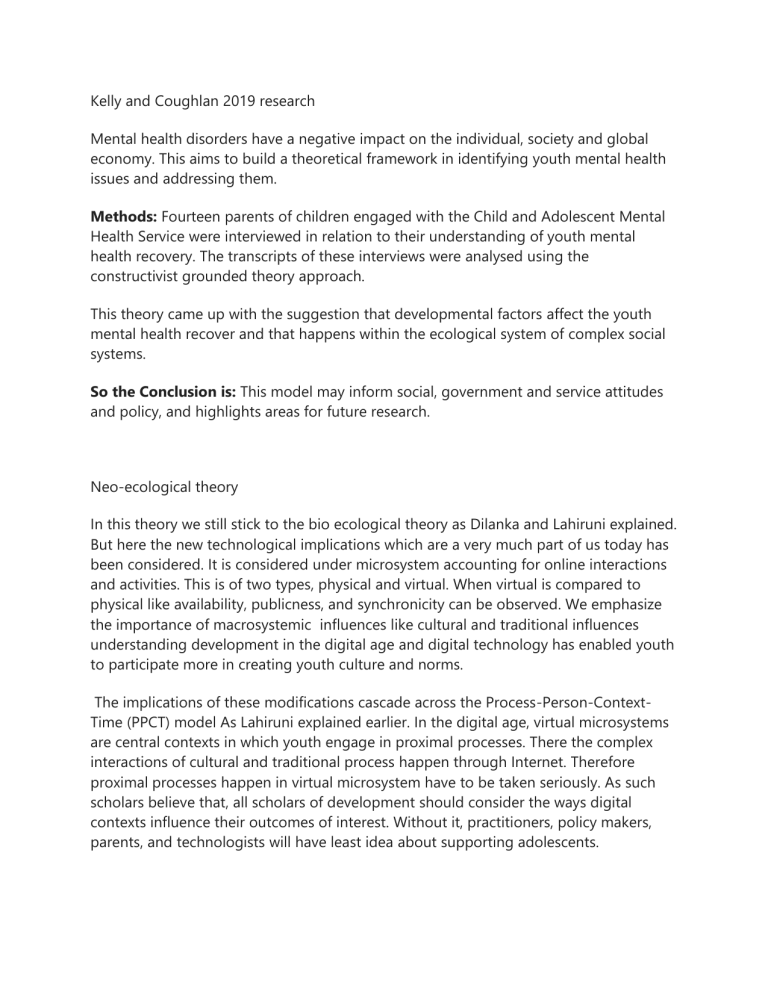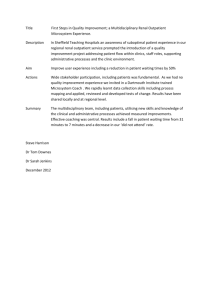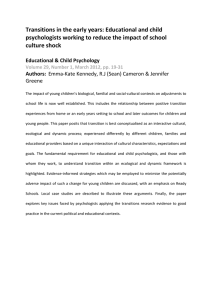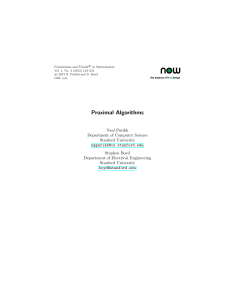Youth Mental Health & Neo-Ecological Theory Research
advertisement

Kelly and Coughlan 2019 research Mental health disorders have a negative impact on the individual, society and global economy. This aims to build a theoretical framework in identifying youth mental health issues and addressing them. Methods: Fourteen parents of children engaged with the Child and Adolescent Mental Health Service were interviewed in relation to their understanding of youth mental health recovery. The transcripts of these interviews were analysed using the constructivist grounded theory approach. This theory came up with the suggestion that developmental factors affect the youth mental health recover and that happens within the ecological system of complex social systems. So the Conclusion is: This model may inform social, government and service attitudes and policy, and highlights areas for future research. Neo-ecological theory In this theory we still stick to the bio ecological theory as Dilanka and Lahiruni explained. But here the new technological implications which are a very much part of us today has been considered. It is considered under microsystem accounting for online interactions and activities. This is of two types, physical and virtual. When virtual is compared to physical like availability, publicness, and synchronicity can be observed. We emphasize the importance of macrosystemic influences like cultural and traditional influences understanding development in the digital age and digital technology has enabled youth to participate more in creating youth culture and norms. The implications of these modifications cascade across the Process-Person-ContextTime (PPCT) model As Lahiruni explained earlier. In the digital age, virtual microsystems are central contexts in which youth engage in proximal processes. There the complex interactions of cultural and traditional process happen through Internet. Therefore proximal processes happen in virtual microsystem have to be taken seriously. As such scholars believe that, all scholars of development should consider the ways digital contexts influence their outcomes of interest. Without it, practitioners, policy makers, parents, and technologists will have least idea about supporting adolescents.



